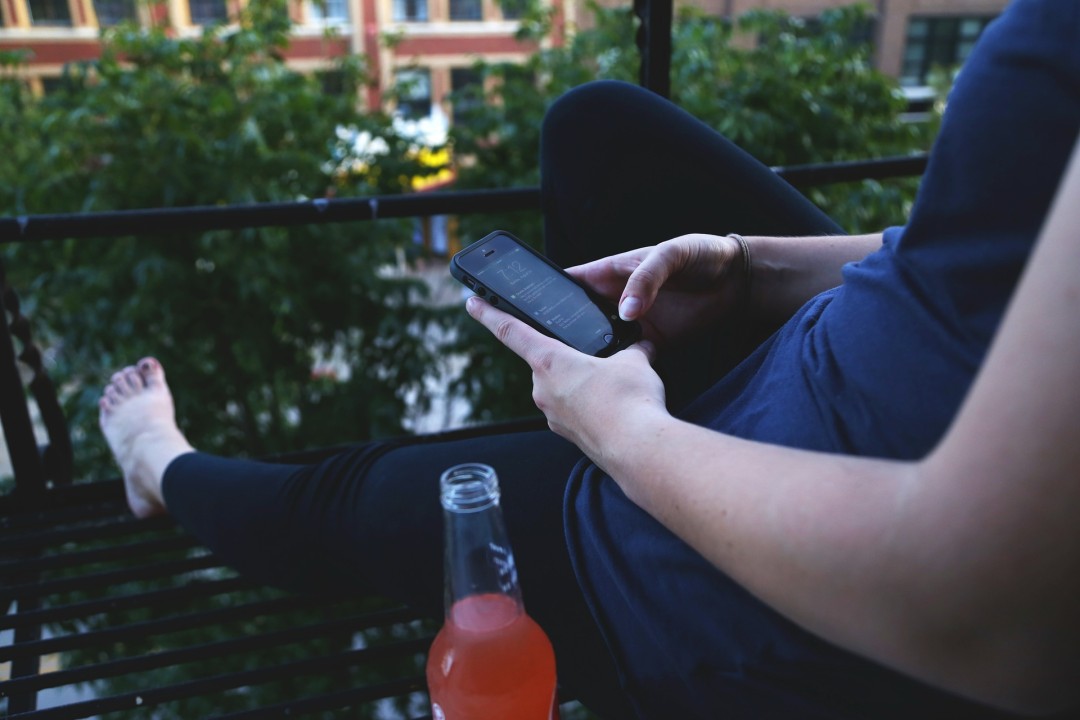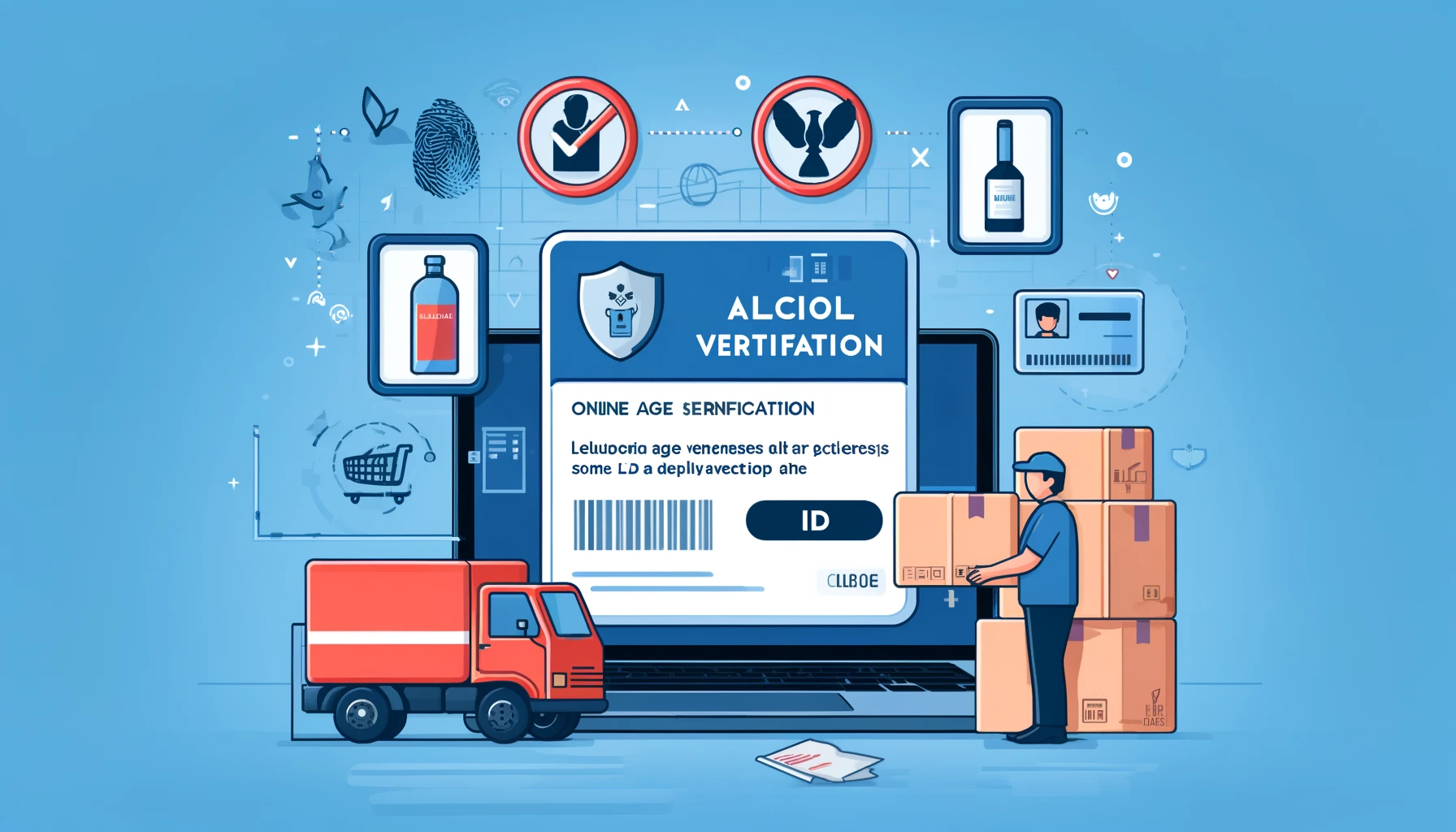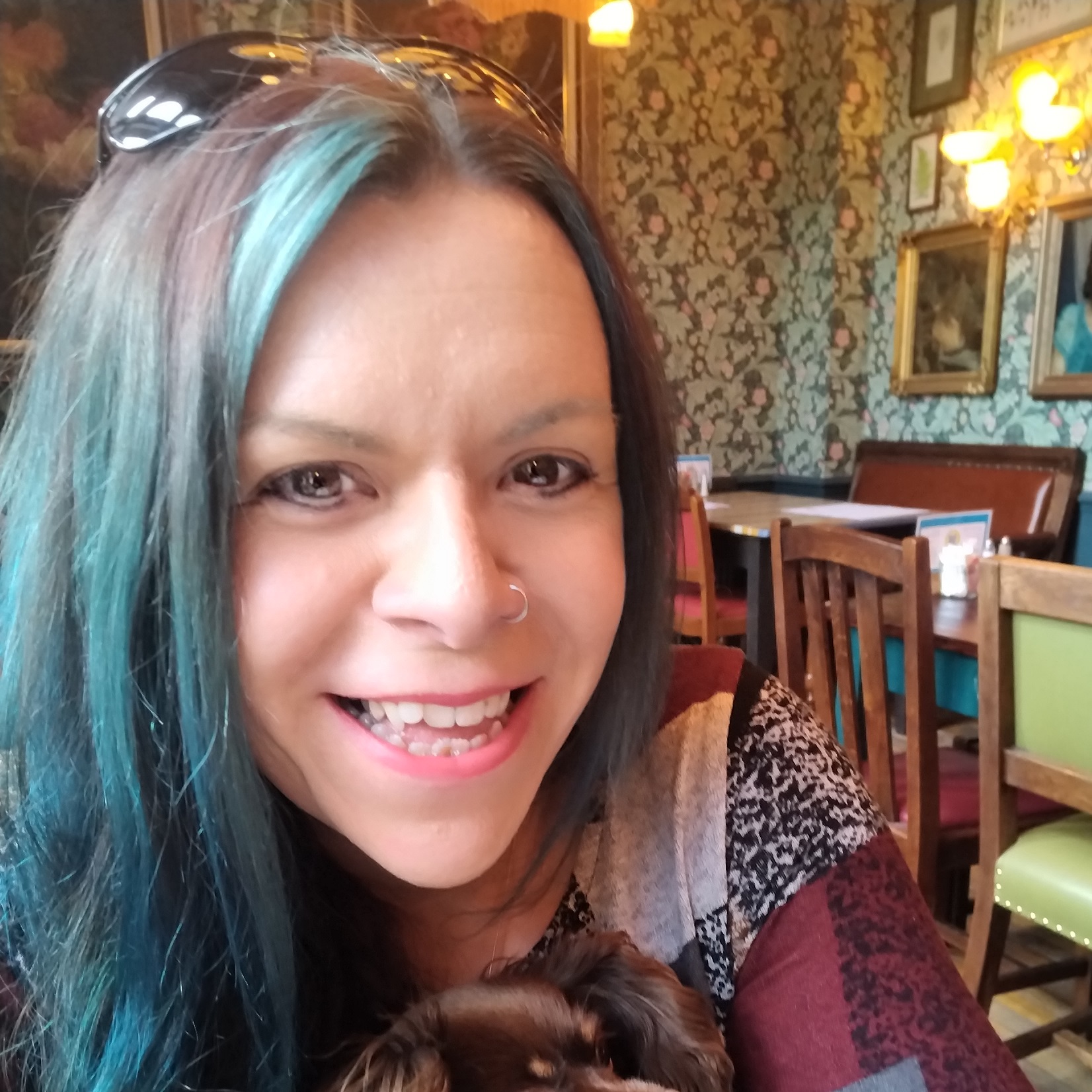Articles

Navigating the Future of Web Accessibility: The Transition from WCAG 2.2 to WCAG 3.0
The latest draft of the W3C Content Accessibility Guidelines (WCAG 3.0) has been published, and demonstrates a large shift in the way accessibility is accommodated for in both web and mobile apps. Building on my doctoral research, this blog post summarises they key changes.

Understanding Information Architecture for Websites: Organizing Information for Optimal User Experience
The evolution and importance of information architecture (IA) in web design highlights how organizing content for ease of access enhances user experience. Techniques like card sorting and wireframes are discussed, emphasizing the need to cater to both seekers and browsers in the digital landscape.

FHEA Fellowship: A Personal Reflection
Reflecting on my current journey to achieve Senior Fellowship (SFHEA), I recall the valuable insights gained through the Fellowship (FHEA) process. This recognition supports excellence in teaching, aligning with the Professional Standards Framework, and fosters continuous improvement. My experiences highlight the transformative impact of structured professional development on academic practice.

UK Government launches consultation on updating the Licensing Act
The UK Government has launched a consultation to update the Licensing Act 2003to address digital age assurance for alcohol sales. This includes using digital proof of age and determining the point of age verification. The consultation aims to reduce ambiguity and enhance protection against underage sales and intoxicated purchases as identified in my earlier research.

PhD thesis complete ✔
I successfully passed my viva and submitted my PhD thesis on improving online informational content quality. My research led to the development of the Informative Web Content Guidelines (IWCG), enhancing web content accessibility and usability.

Preventing underage alcohol purchasing online using payment card details
My research, funded by the Institute of Alcohol Studies, proposes using Merchant Category Codes (MCCs) in payment card transactions to prevent underage online alcohol purchases. This system enhances age assurance with minimal customer friction and robust privacy protection, ensuring compliance with age-restriction laws while maintaining a seamless customer experience.

Are existing online age checks for alcohol purchases effective?
The UK's lockdown in March 2020 led to increased alcohol consumption and sales. Research funded by Alcohol Change UK revealed that online age verification for alcohol purchases is inadequate, often relying on delivery checks. Clarifying guidelines from the Licensing Act 2003 and involving banks in age verification could better protect underage individuals from buying alcohol online.

Effective age-gating for online alcohol sales
Evaluation of the effectiveness of age-gating processes for online alcohol sales. The study found current methods ineffective and proposed enhanced online age verification, leveraging bank authorisation processes, and continuous monitoring of emerging technologies to better prevent minors from purchasing alcohol online.

Understanding Digital Events: Process Philosophy and Causal Autonomy
Our paper "Understanding Digital Events: Process Philosophy and Causal Autonomy" explores how deepening immersion in digital networks impacts free will. We argue for IT mindfulness to counteract the overwhelming influence of digital technologies. Integrating Bergson's and Whitehead's philosophies, we analyze the continuum from human control to technological autonomy and emphasise ethical design.

Improving eHealth Education
The eHealth Eurocampus project, funded by Erasmus+, aimed to bridge the gap between academic training and practical eHealth demands. As a tutor, I guided students in developing innovative healthcare solutions. This initiative fostered interdisciplinary collaboration and advanced eHealth education, significantly impacting Europe's healthcare workforce.
